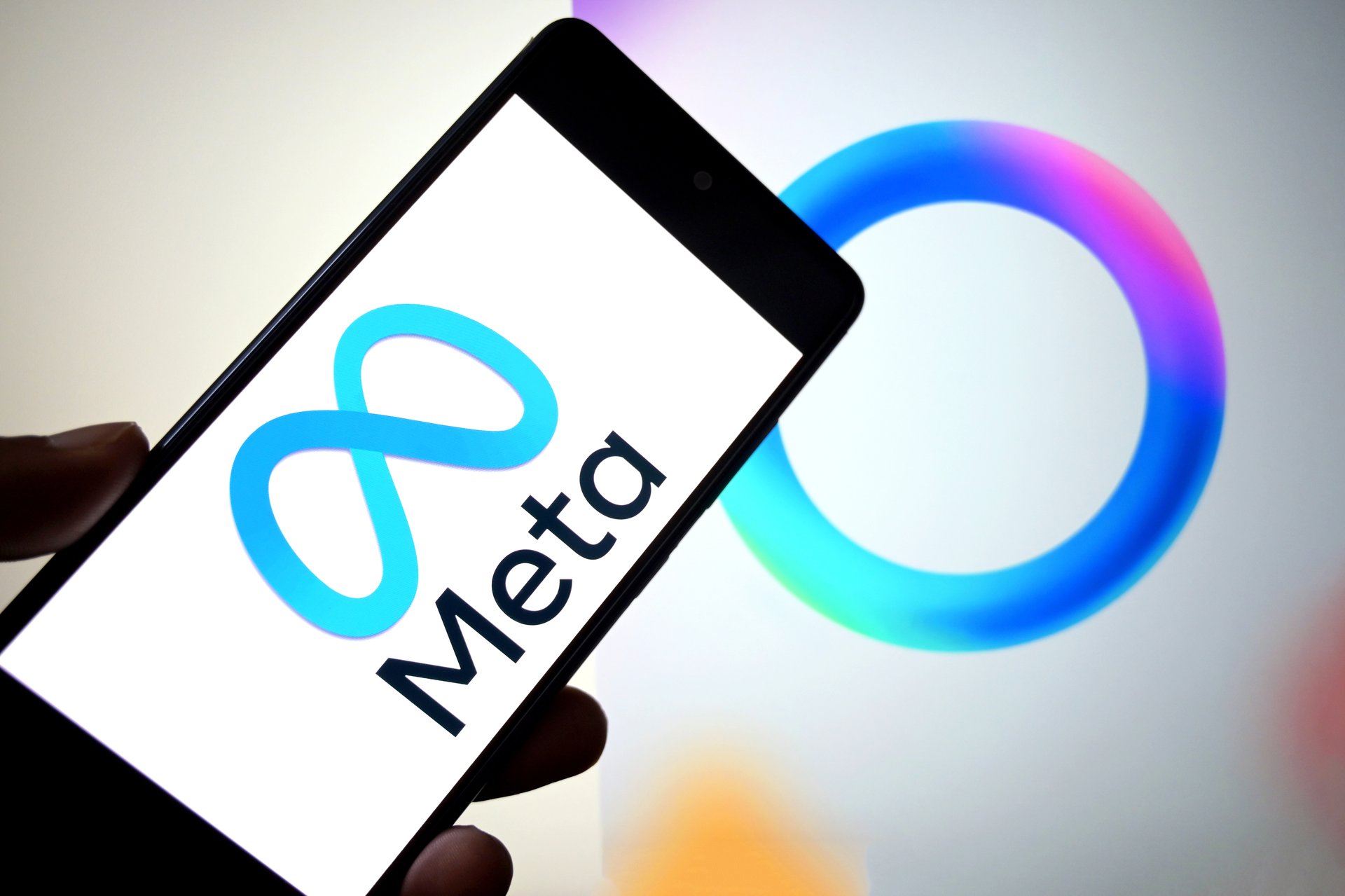Your Meta AI requests may not be as private as you think
Private, intimate and embarrassing information is easily viewable on "discover" feed unless users adjust their settings

Photo: SOPA Images (Getty)
Meta has another privacy scandal on its hands, but this time with its AI chatbot equivalent to ChatGPT.
Suggested Reading
Some Meta AI user questions or prompts can be seen publicly, including links to their Instagram or Facebook accounts, phone numbers and email addresses, or even private or embarrassing information. The outlet Tech Crunch found people asking for information on tax evasion, liability in white-collar crimes, scantily clad animated characters, and other examples.
Related Content
The company promises that “As always, you’re in control: nothing is shared to your feed unless you choose to post it,” and a user must select “share” and “post” before their requests become visible. Judging by some of the things made viewable, it’s perhaps unclear to many users that they’re broadcasting to the world. And if you open Meta AI via your public Instagram account without updating your privacy settings, your searches become visible also.
When Meta AI was launched on April 29, as a competitor to ChatGPT, the corporate blog said the “discover” feed feature would be “a place to share and explore how others are using AI. You can see the best prompts people are sharing, or remix them to make them your own.”
Within a week, alarm bells were going off. Fast Company wrote a story with the headline, “Meta AI’s social feed is a privacy disaster waiting to happen.” Business Insider called the “discover” function “the saddest place on the Internet,” populated by “people sharing intimate information about themselves — things like thoughts on grief, or child custody, or financial distress.”
Wired magazine asked the Meta AI chatbot about these concerns. It responded, “Some users might unintentionally share sensitive info due to misunderstandings about platform defaults or changes in settings over time. Meta provides tools and resources to help users manage their privacy, but it’s an ongoing challenge.”
To turn off public settings in the app requires a user to select the “data privacy” tab under a profile photo where another tab encourages the user to “suggest your prompts on other apps”— it should be toggled off. The user must then return to the “data privacy” tab and select “apply all” to “make all your public prompts visible only to you.”
None of that might be that obvious to the average user.
While the Meta AI app has been downloaded only 6.5 million times since its launch, CEO Mark Zuckerberg said in late May that the company’s AI assistant has one billion monthly active users across all of Meta's platforms.